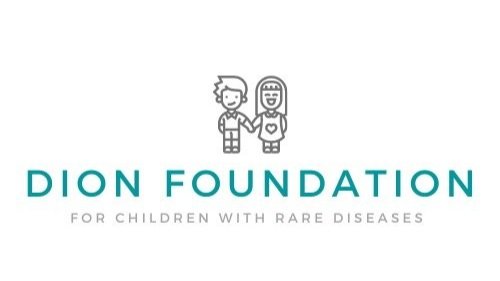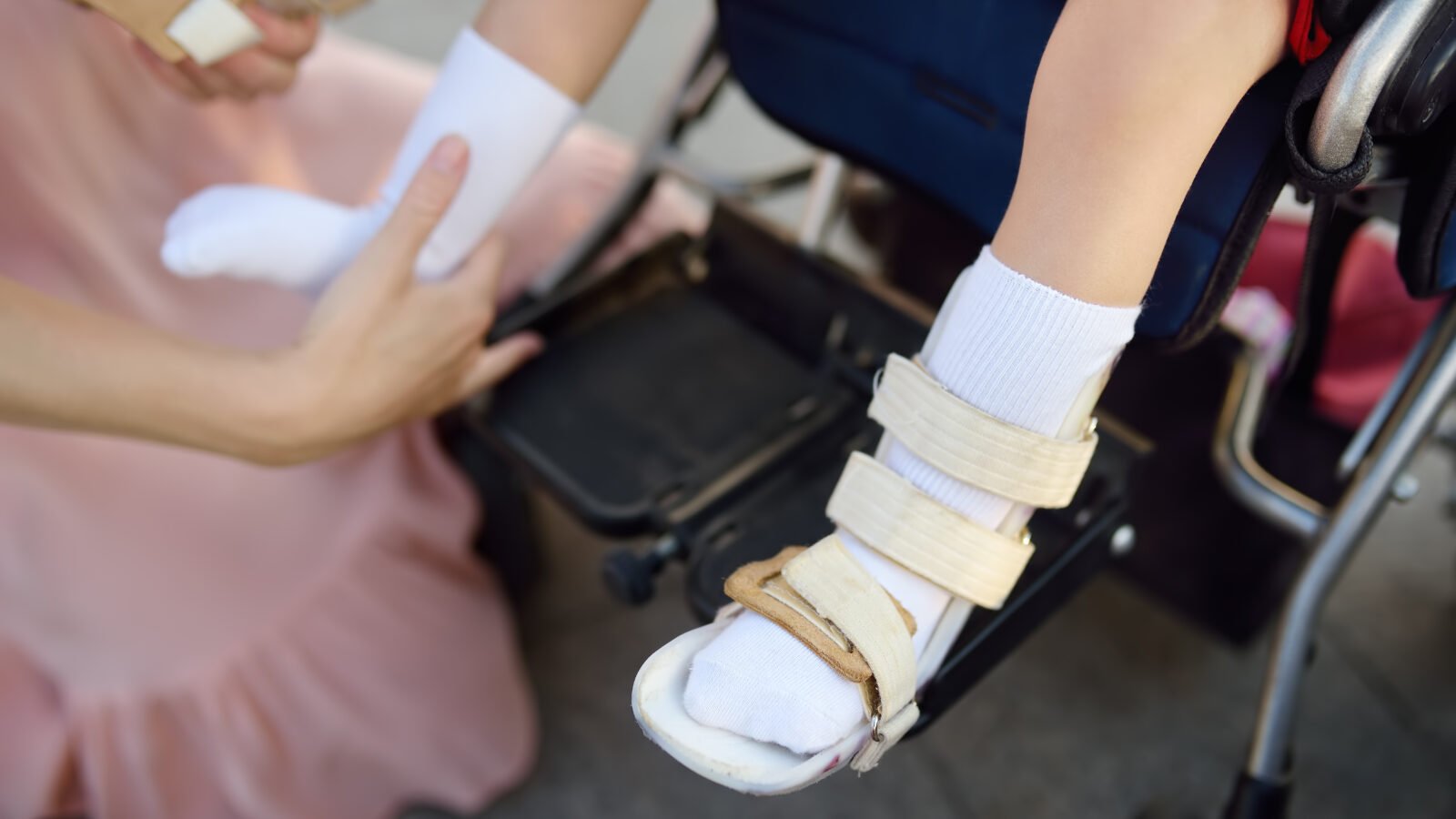Atamyo Therapeutics June 2, 2025
Atamyo Therapeutics Announces First Patients Dosed with ATA-200 Gene Therapy in LGMD-R5 Clinical Trial
First two patients dosed with ATA-200 gene replacement therapy for LGMD-R5
On-going Phase 1b/2 study evaluating safety, pharmacodynamic and efficacy of ATA-200 in pediatric patients
US trial conducted at the Powell Gene Therapy Center, University of Florida, by Dr. Barry Byrne
Read entire press release here…
Atamyo Therapeutic and The Dion Foundation for Chldren with Rare Diseases today announced a key partnership to expand into the US a first-in-human clinical trial of ATA-200, Atamyo’s gene therapy for the treatment of the g-sarcoglycan related limb-girdle muscular dystrophy Type 2C/R5 (LGMD2C/R5).
Highlights:
· The Dion Foundation for Children with Rare Diseases will finance expansion in the US of Atamyo’s first-in-human trial of ATA-200.
· The Phase 1b, dose-escalation study to evaluate the safety and efficacy of ATA-200 in children has already received regulatory clearance in Europe.
· ATA-200 is a single-injection gene therapy aimed to treat limb-girdle muscular dystrophy Type 2C/R5 (LGMD2C/R5) caused by mutations in the g-sarcoglycan gene
France-based Atamyo is a clinical stage biotechnology company focused on the development of new generation gene therapies targeting muscular dystrophies and cardiomyopathies. The US-based Dion Foundation is a non-profit organization devoted to increasing awareness and allocating funds towards research and development of potential treatments of rare genetic diseases, such as limb-girdle muscular dystrophy.
The Dion Foundation will finance deployment in the US of Atamyo’s clinical trial of ATA-200 (NCT05973630). The study, sponsored by Atamyo, has already received regulatory clearance in France and Italy. This multicenter, Phase 1b, open-label, dose escalation study will evaluate safety, pharmacodynamics, efficacy, and immunogenicity in children of intravenous ATA-200, a single-dose Adeno-Associated Virus (AAV) vector carrying the human γ-sarcoglycan transgene.
“We are so grateful for the opportunity to establish a partnership with Atamyo to help facilitate bringing their groundbreaking research to a clinical site in the US for the very first clinical trial for children with LGMD2C/R5. This is a monumental step for the entire LGMD community,” said Courtney Dion, Co-Founder and President of the Dion Foundation.
“We are thrilled by this key partnership and grateful to the Dion Foundation for their financial support which aims to include US patients in the first-in-human trial for ATA-200,” said Stéphane Degove, CEO of Atamyo. “We are already engaged in the preparation of an IND filing in the US for ATA-200.”
Atamyo is a spin-off of Genethon, a non-profit research organization that is a pioneer in developing gene therapies for rare diseases. ATA-200 is based on the research of Atamyo Chief Scientific Officer Isabelle Richard, Ph.D., Research Director at National Center of Scientific Research (CNRS) in France and head of the Progressive Muscular Dystrophies Laboratory at Genethon.
Genethon CEO Frederic Revah observed, “This partnership between the Dion Foundation and Atamyo represents another major milestone in our efforts over the past 30 years to develop gene therapies for rare diseases and bring them to patients worldwide.”
For more informaton read the complete Press Release HERE.
For more information about Atamyo Therapeutics visit: https://atamyo.com/category/press-releases/
Curing rare childhood diseases will falter unless Congress steps up
“When our son Peter was diagnosed with an ultra-rare form of muscular dystrophy at the age of 10, the first question we asked was: Is there a treatment? The answer was no. By the time our daughter Maggie, then just 6, received the same diagnosis, that answer hadn’t changed.
We soon learned that our situation is tragically common. As many as 30 million Americans live with some type of rare disease, defined as a disease that affects fewer than 200,000 people. About two in three of whom are children. In approximately 95% of cases, the rare disease in question lacks any approved treatment, much less a cure.Imagine our shock when we discovered that many of the barriers to discovering rare disease treatments aren’t scientific, but economic. Because these conditions affect so few people, the financial risks and logistical challenges of developing rare disease therapies — also known as orphan drugs — are often prohibitive.
Lawmakers in Washington can help address this problem right now by reauthorizing a federal program that incentivizes pediatric rare disease research. That program, known as the rare pediatric disease priority review voucher program, is set to expire in September. Without swift action by Congress, the difficult task of curing and treating rare childhood diseases will get even harder.”




